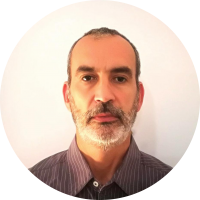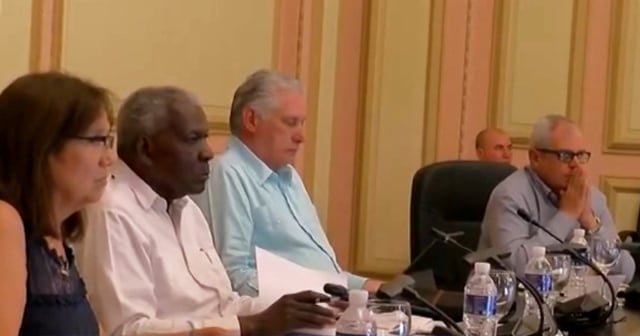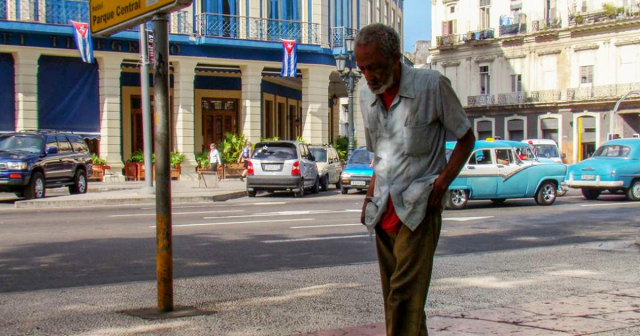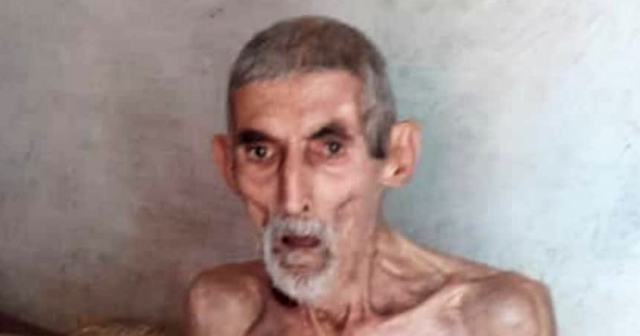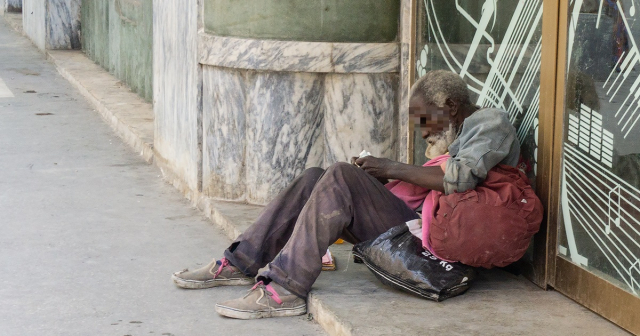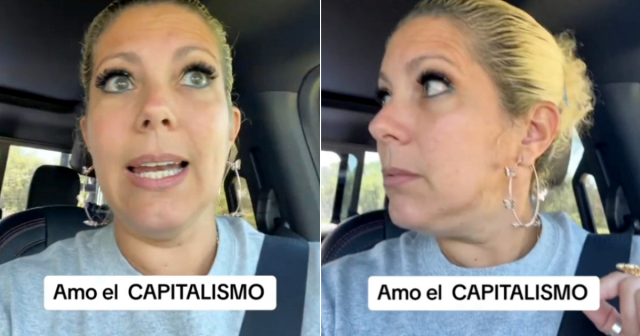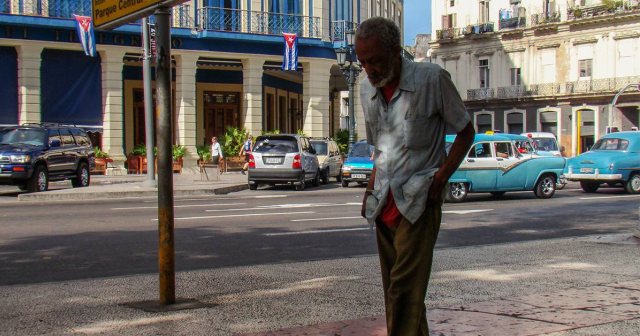After creating "new economic actors" to pave the way for a State capitalism that revitalizes the country's economy and maintains the so-called "achievements of the revolution," the Cuban regime now seeks for these actors to get involved in its social policies.
Self-employed workers (TCP), new entrepreneurs, and owners of micro, medium, and small enterprises (SMEs) are called to be the new social group of "committed entrepreneurs" who, in Russia (a model followed by the Cuban regime), form a caste of oligarchs and businessmen in the service of an autocratic power.
Under political conditioning, the new economic actors of the Cuban totalitarian regime are taking on roles beyond their purpose of revitalizing the economy and creating wealth, and are now being called upon by their "creators" to participate in the political agenda of the Palace, whether on the front line of lowering the dollar in the informal currency market, or in organizing themselves to carry out the social work of a State that is being dismantled.
A new idea is beginning to emerge in "post-communist" Cuba: that of "shared responsibility" between the new economic actors and the State in social issues such as poverty, care for vulnerable groups, maintenance of the public health system, and care for the elderly and dependent individuals.
It was made clear after the International Encounter "Care, Development, and Social Justice: Policies, Approaches, Actors, and Best Practices" held this Monday at the University of Havana, organized by the Ministry of Labor and Social Security of the regime.
A report from the National Television News (NTV) highlighted from the meeting "the need for greater integration and inclusion of new economic and social actors in the system being built in Cuba."
The idea is expressed with utmost clarity: a new system is being built in Cuba, and the builder (the regime) is calling on those supporters who are now getting richer to pitch in and become "co-responsible" in the task of addressing the needs of those who are being left behind.
"No one will be left helpless," the Cuban regime has been saying since it adopted the "Guidelines of the Economic and Social Policy of the Party and the Revolution" in 2011 as a new direction for an economy forced to transform or collapse altogether. "No one will be left helpless," the regime repeated ten years later when it started the failed "economic and monetary restructuring" in 2021.
However, in those almost fifteen years, the number of homeless people in Cuba has only increased, along with disinvestment in public policies and infrastructures (while tourism, hotels, and private sectors grow), poverty, inequality, social exclusion, migrants, repression, and injustice.
But the regime's propaganda machinery has done nothing but repeat that false and empty slogan. And the lack of substance in the "no one will be abandoned" is intended to be masked by calling on new economic actors to take on the void left by the State in the field of social policies.
The system establishes a governance instrument with a strategic vision that aims to approach the issue of care in a more comprehensive way, not only from the sectors' standpoint. From this perspective, it faces a major challenge related to achieving greater shared responsibility among the actors involved. Not everything can be the responsibility of the State; there must be participation from families, the State itself, various economic actors, and also a shared responsibility," said an official from the Ministry of Labor and Social Security to NTV.
Three days of sessions, exchanges, analysis, and recommendations to ultimately present to the Cuban public a semblance of a "strategy" from the government for the "continuity" of Miguel Díaz-Canel, which aims to shift the responsibility for its failure to third parties.
The same strategy that the Palace tenant is now advocating in towns and cities, shouting from the rooftops that food must be "guapear" in the furrow, and that municipalities and local governments are responsible for ensuring that Cubans have a meal on the table.
What do you think?
COMMENTFiled under:
